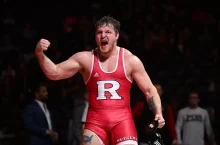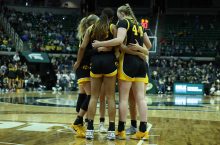Craig Bohl, Executive Director of the American Football Coaches Association (AFCA), spent 43 years as a college football head coach and sees the landscape that NIL introduced as an untenable one. Members of the House Judiciary Committee held a roundtable in Madison, Wis., on the issues surrounding name, image, and likeness in college sports, and […]


Craig Bohl, Executive Director of the American Football Coaches Association (AFCA), spent 43 years as a college football head coach and sees the landscape that NIL introduced as an untenable one.
Members of the House Judiciary Committee held a roundtable in Madison, Wis., on the issues surrounding name, image, and likeness in college sports, and Bohl took the opportunity to make his pleas for NCAA reform known.
Bohl represents 11,000 members and stakeholders from the high school, college, and professional ranks and looks to maintain the highest standards in football and coaching—as it stands, that’s impossible in the NIL landscape.
Regulation of NIL prior to revenue-sharing is essential for college sports to thrive, and frankly, survive.
In his statement, Bohl offered valuable solutions to regulating NIL legislation and providing key stability for coaches and college football players.
He did so by outlining three recommendations to the committee: agent regulation, standardized contracts, and oversight and enforcement.
Bohl isn’t the first to sound the alarm on predatory agent practices that have transformed the transfer portal into a state of chaos.
“Anyone representing college athletes should be required to register and meet national standards,” Bohl said. “There is currently nowhere for athletes, coaches, athletic directors, or general managers to verify agent credentials. Coaches are seeing a growing number of bad actors.”
“Right now, some unregulated agents are exploiting athletes, sometimes taking 20–30% of commissions,” he continued. “A 3-5% cap, like the NFL, would be fair and appropriate. A national registration system will establish a level playing field and reduce the frequency of tampering in NIL deals.”
As it stands, agents only stand to benefit from player movement. Not only would some oversight of those practices aid the state of college athletics, but so would a framework for contractual language that protects both sides.
“There’s no consistency in NIL agreements, leading to confusion and disputes,” Bohl said. “Uniform, enforceable contracts will provide necessary clarity and protect both players and the organizations involved.”
That would further stand to shield players from unsound advice or actions from agents that might not have their best interests in mind. Many players have spoken about not being paid for NIL deals that they were promised, often without representation.
The last point is simple, and while Bohl doesn’t elaborate much on what oversight and enforcement would entail, he importantly advocates for the coaches to have a say in that process.
“We urge Congress to create a governing body with real enforcement authority to oversee NIL issues,” Bohl said. “Coaches request a formal role in that body and in any appeals process.”
While many college football head coaches have made similar pleas and point to these same problems, it sometimes rings hollow when they’re existing and benefitting from that same system in turn.
It brings more credence when coming from a voice who represents college football coaching as a whole and one with four decades of experience in the transforming sport.





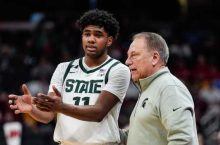










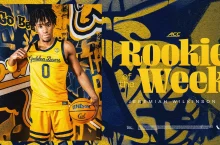

 @Boston Celtics #NBA #Basketball #Celtics #JaysonTatu…
@Boston Celtics #NBA #Basketball #Celtics #JaysonTatu…

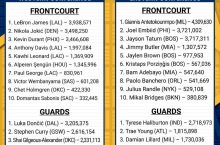
 #NBA #basketball #NBAXmas #Jalen…
#NBA #basketball #NBAXmas #Jalen…




 #McLaren #F1 #Gingerbread #CapCu…
#McLaren #F1 #Gingerbread #CapCu…
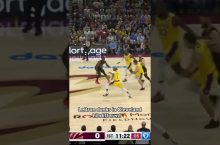

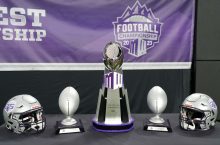



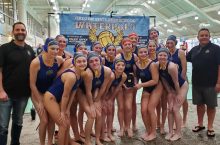



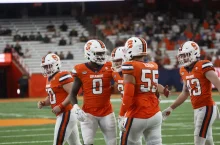

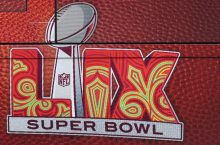


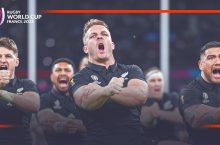
 #rugby #haka
#rugby #haka
 CMA Members get access to my “AXEL TECHNIQ…
CMA Members get access to my “AXEL TECHNIQ…